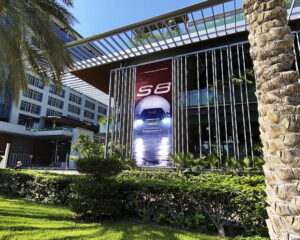
If you’re a newbie to the subject of oil spills, you may be a little bit puzzled by all the facts about Marine gas oil. For example, what is the Chemical Composition of Crude Oil? And what are the Processes by which it degrades? How does Marine Oil affect marine life? There are many more questions that you need to ask yourself. But what are some of the most common myths about Marine Oil?
Chemical composition of crude oil
The chemical composition of marine crude oil is important for evaluating the efficacy of spill response options. Oil is a complex mixture of hydrocarbons and other compounds, which vary in toxicity and degradability. The main class of hydrocarbons includes hydrocarbons and their heteroatom-containing analogues. Although all oil has a similar chemical composition, the actual amount of each element varies. Depending on refinement, crude oil can range in density from 82 to 87 percent carbon to as much as 15 percent hydrogen.
Processes by which it is degraded
Marine oil is biodegraded by a variety of microorganisms in the water. These organisms consume oil and convert it to water-soluble compounds or carbon dioxide. These organisms also produce energy through the breakdown of the oil. The final byproducts of biodegradation are water and carbon dioxide. Certain oil components remain in the water for years. However, they are not in high demand.
Effects on marine life
Many wildlife species are susceptible to oil spills. Those that spend time at the water’s surface are most affected during the early stages of the spill. Other species, such as benthic organisms, which live and forage along the shore, will also be affected. Once oil particles reach the water’s surface, they begin to influence benthic species. Here are some tips on minimizing the impact of oil spills on marine life.
Sources
There are two types of sources of marine oil pollution: natural and anthropogenic. Natural oil seeps contribute around a quarter of the world’s marine tar load. Several studies have found that marine tars can be related to routes traveled by tankers. These releases are known as “operational discharges” caused by intentional releases from tanker ballast tanks and storage compartments. Stricter regulations have decreased marine oil pollution from routine tanker operations, but anthropogenic sources still make up most of the marine tar load.







